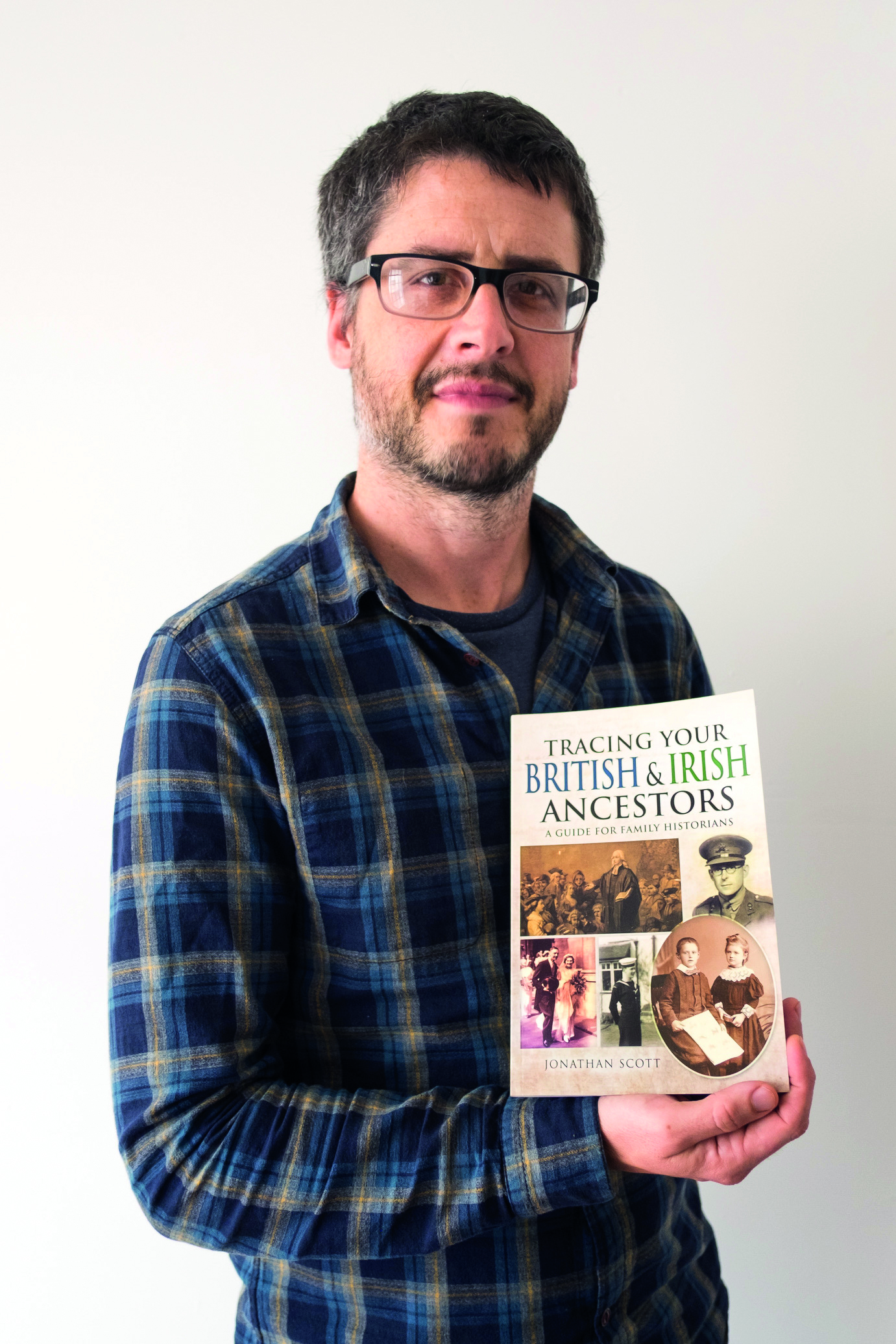If you want to know how old your house is or who used to live in it, there are many websites that can help guide you. We have listed sites that will help you date your house as well as sites that will give you access to records such as census records that record who lived there.
Unfortunately, since property ownership details are now held digitally by HM Land Registry, historic title deeds, often beautifully drawn up on parchment, are no longer legal documents and most have been lost or destroyed. HM Land Registry has scanned copies of some title deeds but not many. You can apply to them via their website to find out what they hold on your property.
Whether your ancestors lived in a worker’s cottage, 1930s semi or Georgian manor, house history can quickly develop from being a casual side project to an all-consuming quest. It's equally fascinating if you're tracing the history of your own house.
In the popular BBC Two series A House Through Time, historian David Olusoga researches the history of an ordinary house, revealing the fascinating, shocking and touching stories of its inhabitants. The programme has inspired many people to find out more about the previous residents of their home.
Depending on the age of the home you are researching, house history can call on some sources that are difficult to find, difficult to read and difficult to interpret. Thankfully the websites listed below are excellent sources of advice, and all of the skills that you’ve picked up as a family historian can be applied to your house history research.
When you've uncovered the history of your old house, find out how to restore it with this guide from Homes & Antiques
The best websites to find out how old your house is
1. National Library of Scotland Maps
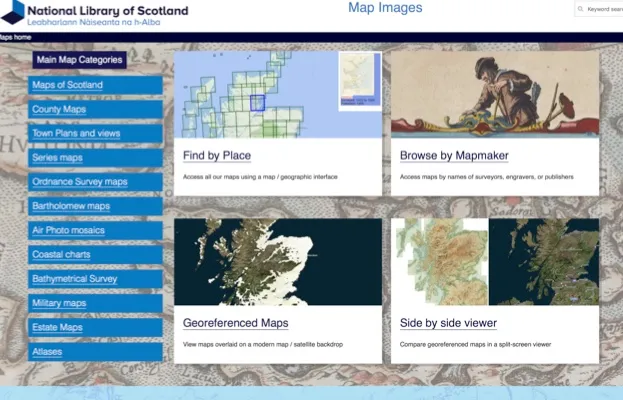
Obviously old maps are a necessary tool for house history, and in particular Ordnance Survey (OS) maps, tithe maps and valuation maps, often showing individual houses and outbuildings, can be a vital first stop.
The National Library of Scotland has been leading the way in terms of digital access to its map collections for years, and this includes maps covering all of the British Isles, not just Scottish records. And the best thing is, all of the maps are free to access.
Go onto the website and type in your postcode. You should be able to see a range of maps from different periods. If your house is not on a particular map, you know that your home was built after that date. With enough maps from different periods, you can narrow down the time when your property was built.
2. ScotlandsPlaces
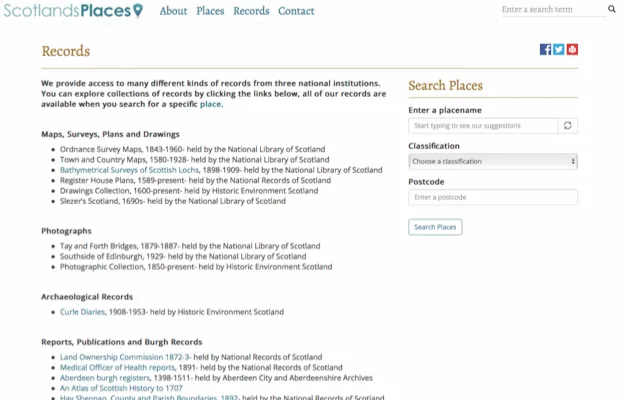
This website lists the core sources that form the basis of the free and totally wonderful ScotlandsPlaces, a fantastic source for Scottish house history. You can find maps, surveys and plans, drawings, various tax rolls, Ordnance Survey name books and more.
Examples include schedules of 18th century ‘Duties on inhabited houses’, first imposed in 1778 and arranged in county volumes, and the ‘Official reports’ section. This leads to the likes of the Land Ownership Commission 1872–3 – a land ownership report that gives the names of every owner of land (of one acre or more) in each county.
3. Historic England
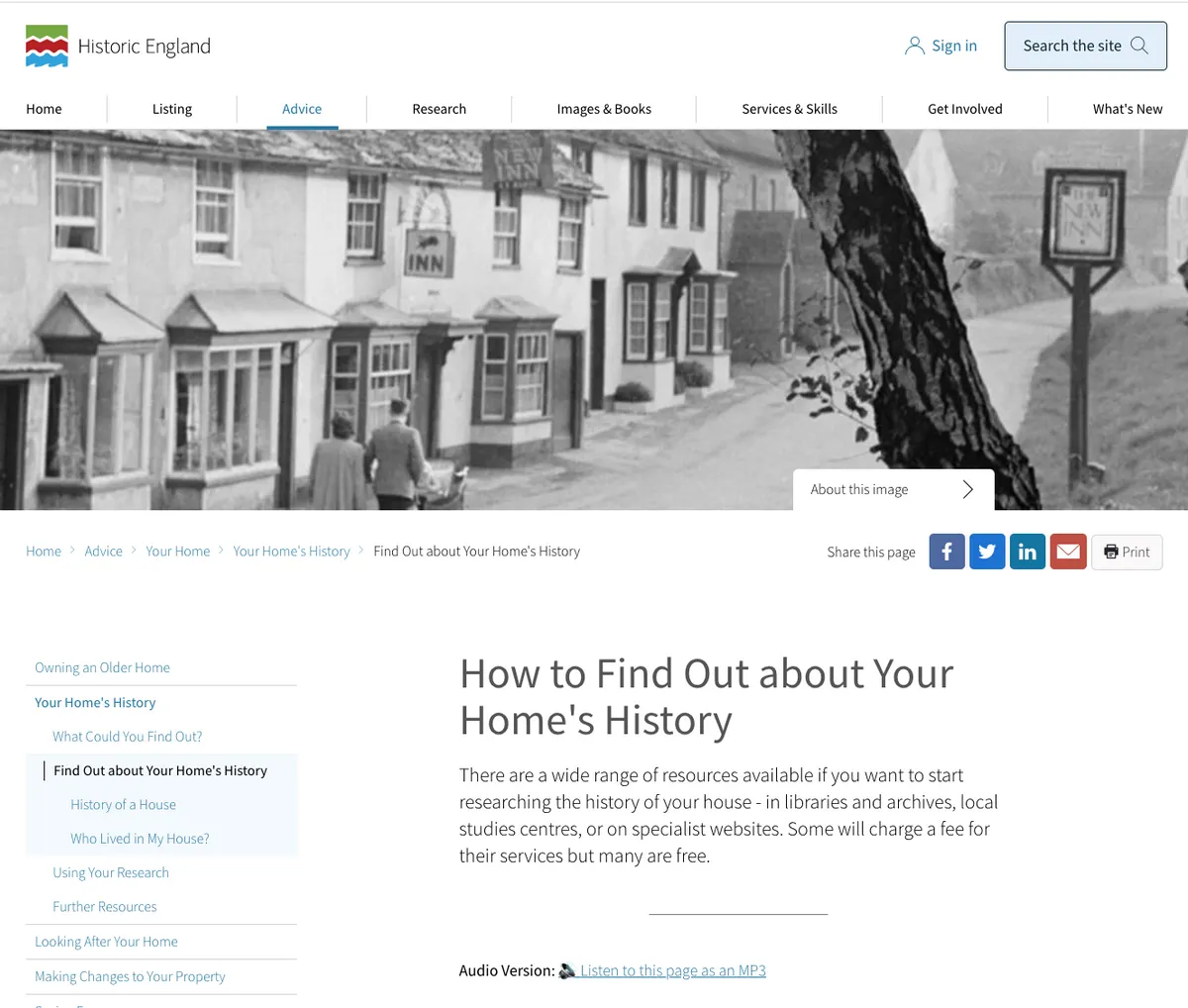
Historic England has a useful guide to exploring your home's history including a link to the National Heritage List for England to check if you house is a listed property.
The site also has a guide to tracing the past inhabitants of your house.
It could be more comprehensive, but it’s a good starting point, and includes some useful links to the likes of Victoria County History.
4. MyHouseMyStreet
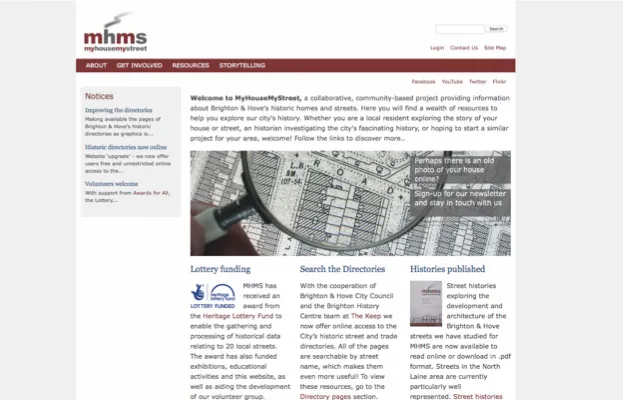
There are all sorts of local history projects out there that might record the history of your house, or properties in the wider community. This example from Brighton and Hove was launched in 2008.
The result is a database of census and historical trade directory information which allows users to view the occupancy history of local properties.
5. British History Online
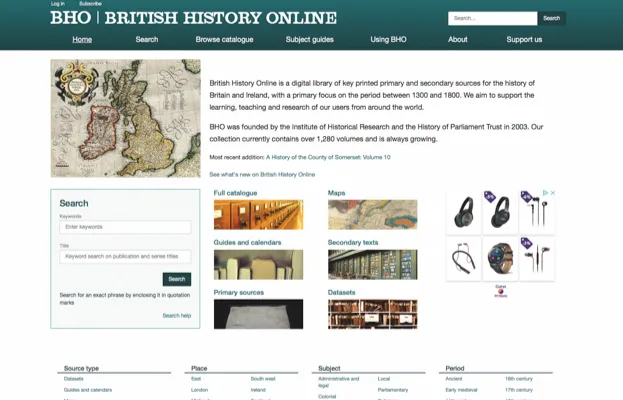
The wealth of material available at British History Online can seem somewhat overwhelming, especially when you combine it with other sites in the Connected Histories stable. As a starting point I strongly recommend visiting two of the subject guides – ‘Urban History’ and ‘Local History’.
These give broad overviews of the strengths and weaknesses of what’s available here, and describe the primary and secondary sources for house history at your fingertips.
6. Expert's choice: TheGenealogist
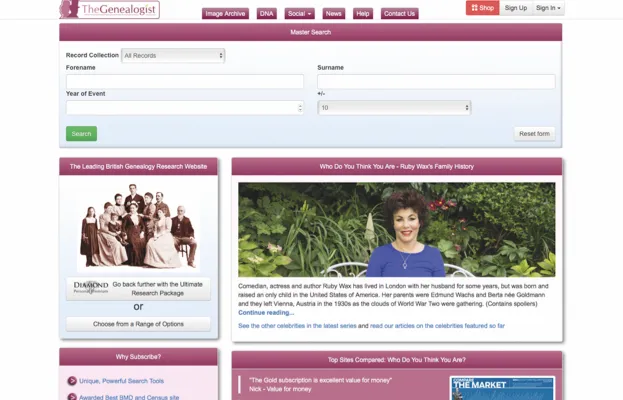
Chosen by Gill Blanchard, professional researcher and author of Tracing Your House History:
“I recommend TheGenealogist for house history because the site has digitised copies of the tithe maps and apportionments held at The National Archives which can be searched by name and place.
"The old system of tithes payments of farm produce in kind, made by parishioners to support the parish church and clergy, was replaced by money payments in 1836.
"Maps showing all titheable land and properties on it were drawn up with accompanying apportionments listing owners and occupiers, acreage, type of cultivation and its tithe valuation.
“Other useful house history records on TheGenealogist include the Returns of the Owners of Land (1873–1876).
"These list everyone who owned more than one acre of land in England (except London), Wales, Scotland and Ireland.
"And for those researching house history in Ireland the site also has copies of Griffith’s Valuation of land, carried out between 1848 and 1864.
"There are also trade and telephone directories, electoral registers and poll books.
“A new addition to the site are the beginnings of the Inland Revenue Survey collection taken between 1910 and 1915.
"More commonly known as the Lloyd George Domesday Survey, these records and their accompanying maps feature owners and occupiers across the UK.”
More house history websites
The National Records of Scotland guide details house history sources in Scotland, including the Register of Sasines, exchequer records, registers of deeds and more. West Yorkshire’s Archives Service looks after one of only five surviving Registry of Deeds, containing memorial copies of more than seven millions house deeds (1704–1970).
Dating a house’s original construction is an important step in tracing house history. A really old house may have had all sorts of redesigns, rebuilds, alterations and additions. Deeds and wills are of course incredibly useful, but they’re not for the faint-hearted. Step forward Building History. It has a simple design, giving brief and clear advice for anyone interested in house history.
Title deeds are useful documents in house history because they include the names of vendors and sellers, a description of the property and the amounts of money used in transfer of ownership. Further information for many properties can be obtained from the Land Registry.
Historical trade directories can give you some indication of who used to live in your property. There are some free examples online for England and Wales held by the University of Leicester.
Both Findmypast and TheGenealogist feature an address search tool for their census records, which makes it easier to search for your address and see who lived in your house.
Other useful websites for house history include University College London’s Survey of London; Vision of Britain, a map-finding tool; and HistoryPin, where you can search for photographs of streets and buildings in the past. You can also see more information about house history and real-life house histories on Trace My House.
